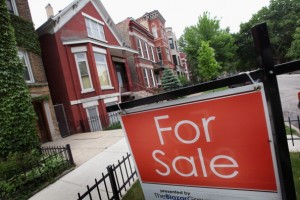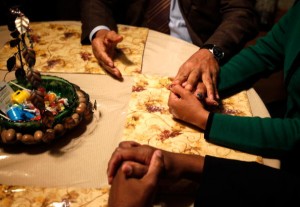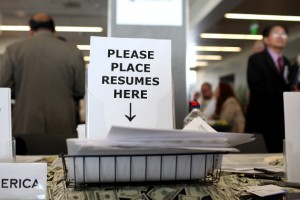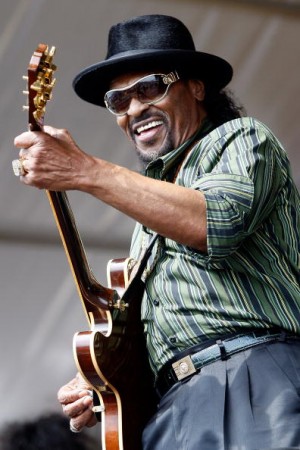D.C. Councilman Marion Barry wants to encourage home ownership in majority black Ward 8, where only 24 percent of residents are homeowners. How? By banning construction of new apartment buildings. He tells Washington City Paper‘s Lydia DePillis:
“The American dream is to own a home. And black people have not gotten the American dream as much as they need to,” Barry says. “Somebody can rent for 20 years, and has no equity in their unit at all.”

Scott Olson / Getty Images
Renters are the most vulnerable to forces of redevelopment and gentrification, since they can’t really profit from leaving a neighborhood with exploding housing prices the way a homeowner can. But owning a home, and having equity tied to it, doesn’t necessarily buffer one from poverty, either. As noted yesterday, one of the contributing factors to the decline of the black middle class is the fact that African Americans generally had more of their wealth tied up in housing than white people did at the start of the recession — 63 percent versus 38.5 percent. Declining housing prices and foreclosures meant the loss of a lot of black wealth — between 2004 and 2009, the median net worth for black households dropped by 83 percent. For white households, it dropped by 24 percent.
On the other hand, the value of homes in D.C. as a whole hasn’t dropped at drastic levels since the peak of the bubble. Only a few portions of Ward 8 saw home values decline at higher rates than the national metro area average.
Even still, there are plenty of questions as to whether banning new apartment construction would even be effective in increasing home ownership. Matthew Yglesias of ThinkProgress writes:
There’s just no way that zoning policy in Ward 8 of Washington, DC could possibly influence black people’s ability to own homes. Banning apartment buildings will reduce the supply of affordable housing and reduce construction jobs. That’s it.







